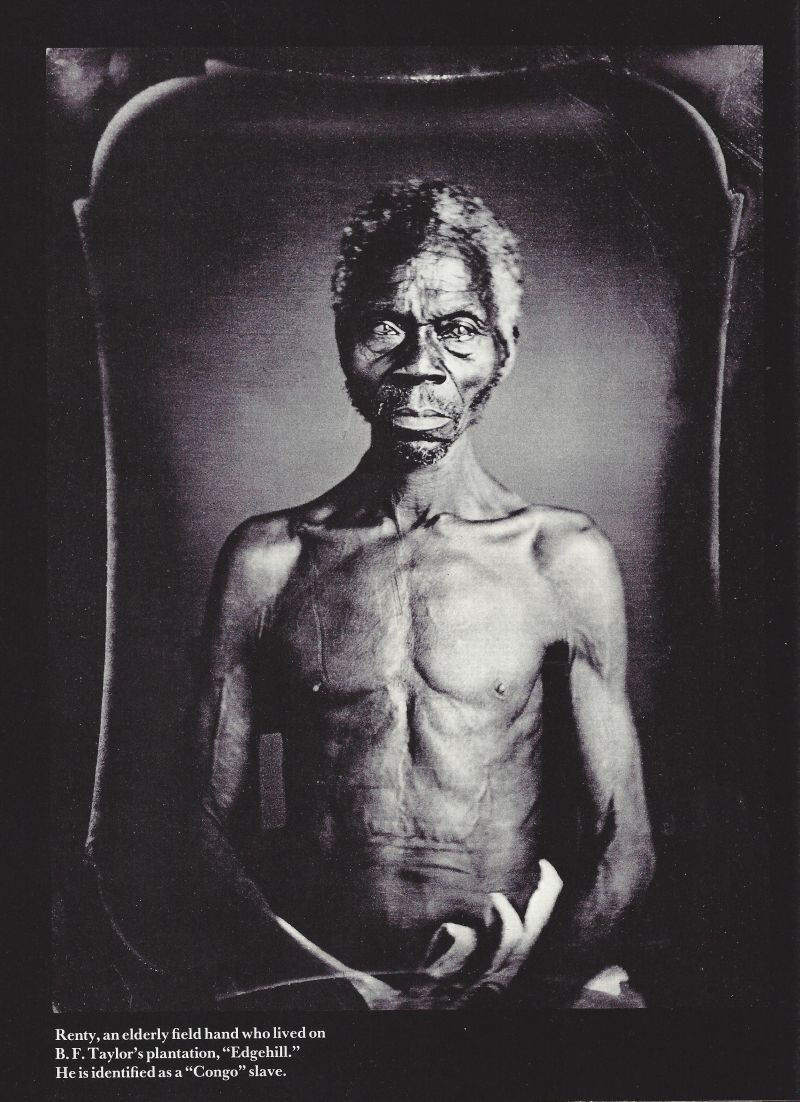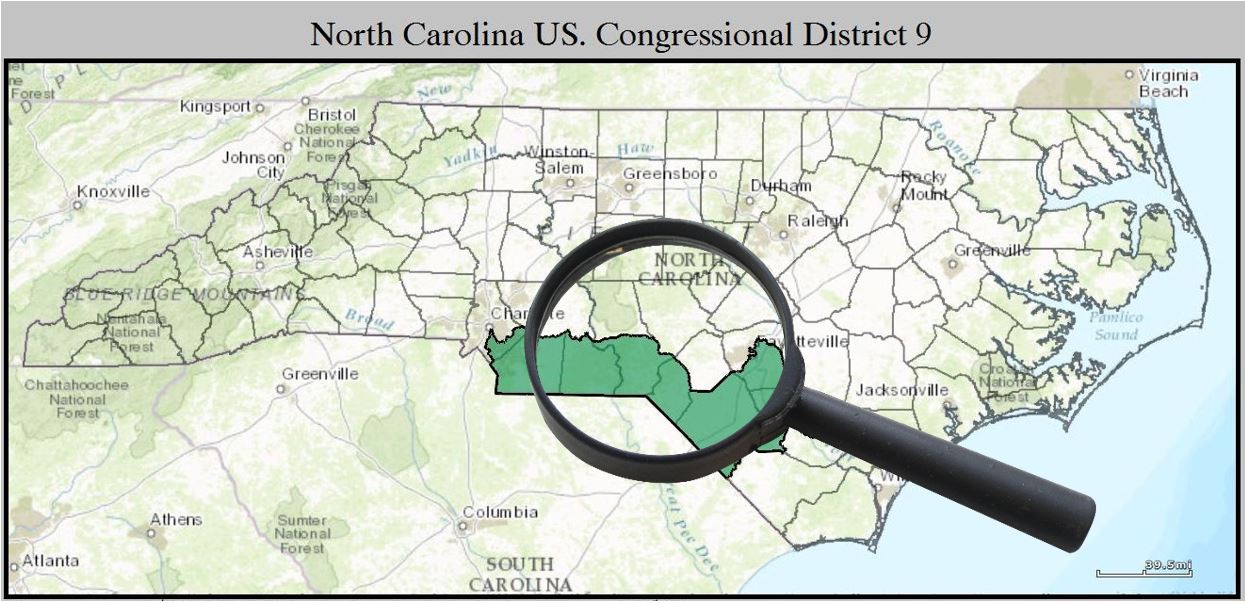It's easy to see why curator Adam Erby gets excited entering the front parlor at Mount Vernon, which was recently reopened to the public after being closed more than a year for renovation. He and his colleagues now know that the paint colors and furniture are very similar to what was actually here 250 years ago.
The Washingtons most often welcomed guests in this room to the left of the front door of Mount Vernon. One of the most important spaces in the house, it was designed to impress visitors and display the Washingtons’ wealth with its elaborate moldings, family portraits, and some of the first upholstered furniture to appear in Virginia.


